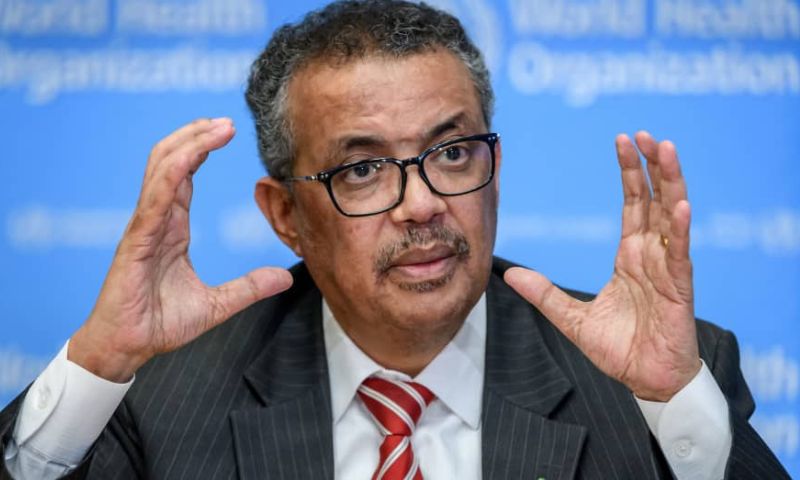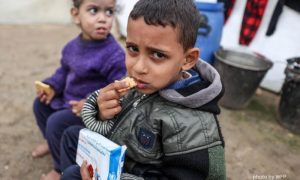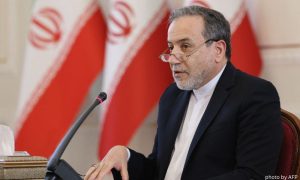GENEVA: The World Health Organization (WHO) on Wednesday convened an emergency meeting of international experts to assess the escalating spread of the mpox virus amidst growing worries over the mpox virus.
WHO Director-General Tedros Adhanom Ghebreyesus announced the urgent meeting, responding to increasing concerns about the virus’s transmission outside the Democratic Republic of Congo (DR Congo).
Tedros stated that the WHO emergency committee would convene “as soon as possible” to evaluate whether the ongoing outbreak constitutes a public health emergency of international concern (PHEIC). This designation, the highest alert level issued by the WHO, would enable the organization to implement emergency responses under the International Health Regulations.
Mpox, an infectious disease transmitted to humans through contact with infected animals and also between humans via close physical contact, was first identified in humans in DR Congo in 1970. The disease is characterized by fever, muscle aches, and large boil-like skin lesions.
The virus gained global attention in May 2022, when an outbreak involving the Clade IIb subclade of mpox led to a significant rise in cases worldwide, mostly affecting gay and bisexual men. This prompted the WHO to declare a PHEIC, which lasted from July 2022 until May 2023. The initial outbreak has since subsided.
However, since September 2023, a new strain of mpox, the Clade Ib subclade, has surged in DR Congo. As of July 11, Tedros reported over 11,000 cases and 445 deaths in the country, with children being particularly affected. The disease has also spread to neighboring countries, raising international alarm.
A PHEIC has been declared only seven times since 2009, covering significant health crises such as H1N1 swine flu, poliovirus, Ebola, Zika virus, another Ebola outbreak, Covid-19, and mpox.
Meanwhile, the WHO has announced a major public health intervention in Gaza, where the poliovirus has been detected in wastewater. Tedros said that the organization will send more than one million polio vaccines to Gaza. The vaccines will be administered in the coming weeks to prevent the spread of the disease in the region, which is currently grappling with significant humanitarian challenges amid the ongoing Israeli bombardment campaign.


























